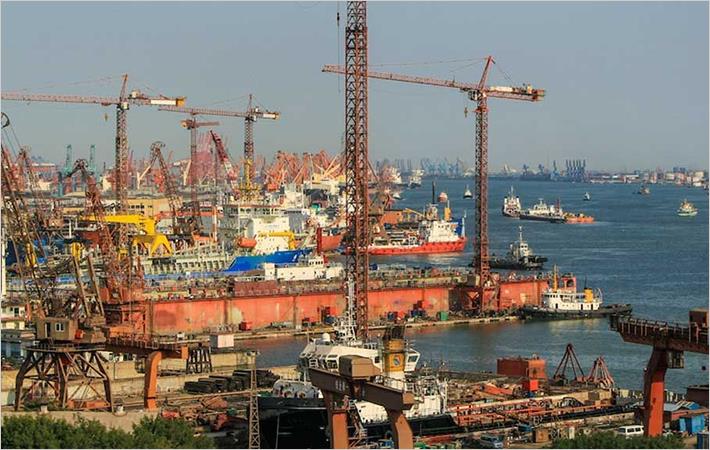The island nation of Sri Lanka has successfully introduced transparency in fixing of charges by freight service providers at ports. The Joint Apparel Association Forum (JAAF) of Sri Lanka had lobbied with the government, which issued a regulation directing freight forwarders, non-vessel carrier operators, etc to ensure transparency in the imposition of charges.
Under ‘The Licensing of Shipping Agents, Freight Forwarders, Non-Vessel Operating Common Carriers and Container Operators Act’, charges are required to be collected from the contacting party who is liable to pay the freight and not from other party.The island nation of Sri Lanka has successfully introduced transparency in fixing of charges by freight service providers at ports. Joint Apparel Association Forum (JAAF) of Sri Lanka had lobbied with the government, which issued a regulation directing freight forwarders, non-vessel carrier operators, etc to ensure transparency in the imposition of charges.#
The main points of the regulation are it prohibits ‘zero’ freight; identifies the delivery and destination points as either container yard or container freight station; restricts the imposition of any other charge on exporter other than the freight if he is bound to pay such as per the contract; and restrict the imposition of any other charge on importer other than the freight if he is bound to pay such as per the contract but a delivery order fee may be imposed on importers.
The regulation mentions that all chargers on containerised cargo covering the entire cost of carriage of goods from delivery to destination shall be included in all-inclusive freight specified in the bill of lading and that it should be recovered from the party who is contractually bound to pay the same. Further, any change in the delivery order is subject to the approval of the Director Merchant Shipping.
In bringing the legislation and implementing it, the government had not interfered in fixing the charges but established few cardinal principles. First, the cost of carriage of containers from origin to destination has to be identified as all-inclusive freight without dividing them as land based cost and freight component.
Second, payments had to be recovered by the service provider only from the user of service to whom the service is provided and not from a third party who had no such contractual responsibility. This point protects non-contracting parties to international transportation from being forcibly dragged into payments that are not within their choice or control and then into extra liabilities such as insurance cover.
Finally, no surcharges can be imposed on non-contracting parties.
“The issue of transparency in freight charges has now been controlled in Sri Lanka but the exporters and importers in India, Singapore and African continent are still struggling with these issues,” Tuli Cooray, secretary general, JAAF, told Fibre2Fashion.
“Our desire is to elevate our regulation to an international level where all-inclusive freight should be charged on market driven formulas. We want to work towards international recognition of Sri Lankan practices, as this type of legislation will improve and assist the promotion of international rule based ethical and fair trade,” he added. (RKS)
Fibre2Fashion News Desk – India
